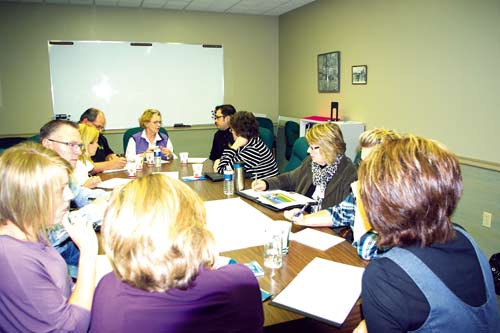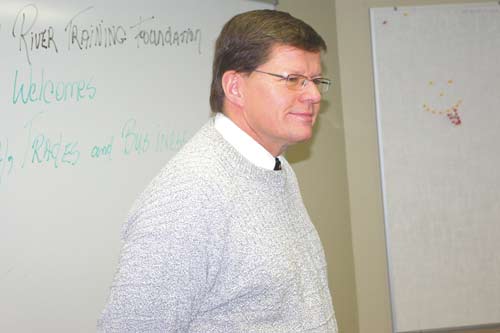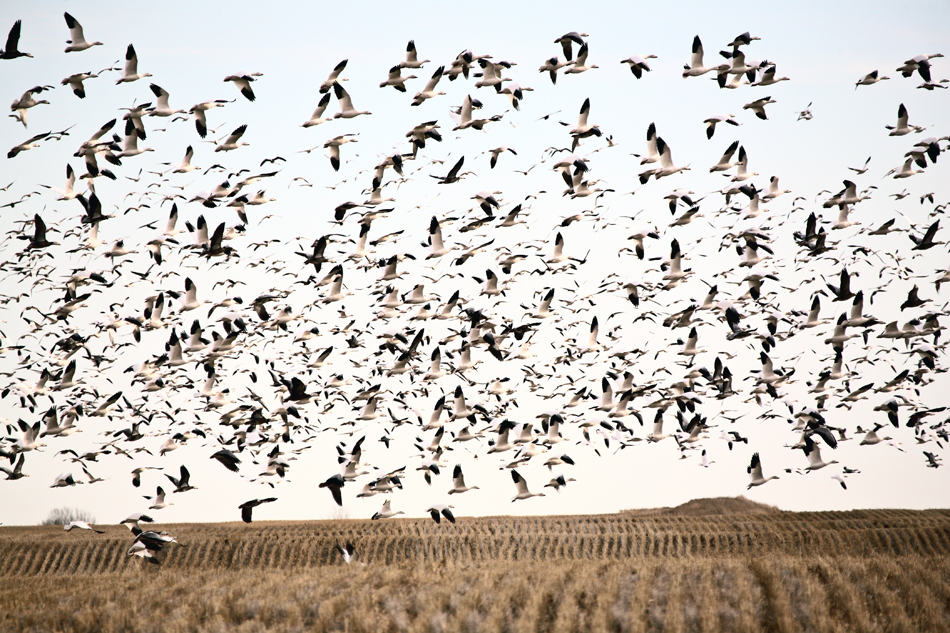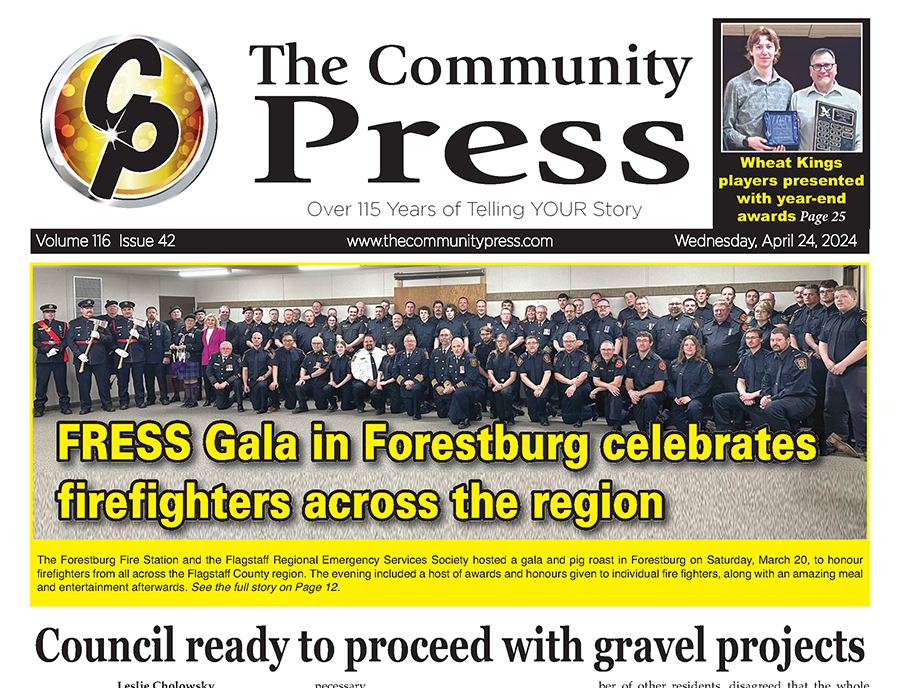Battle River Training Foundation holds Vision meeting

Val Vincett
Staff Reporter
The Battle River Training Foundation held a vision meeting on Dec. 6 at the board room in the Town of Killam’s office.
Ralph Troschke, the Vice-President of Student & College Services from Lakeland College, presided over the meeting.
There were only 12 people present for this workshop: Kimberley Bonnet, Battle River Training Foundation; Leslie Heck, Flagstaff County; Nadine Bolz, Hardisty; Wendy Plandowski, Dean, Academy Services and Community Relations from Lakeland College; Jean Vidal, Business and Industry from the Government of Alberta; Lois Polege, Learning Coach from Flagstaff Community Adult Learning; Wade Kroening, Operations Manager for Flint Hills Resources; Patricia Reiter from Hoot Prints of Hardisty; Lori Gross, Human Resources for GCS Energy Services Ltd.; and Aaron Lassu, Sue Miller, and Rick Krys all from Battle River Implements Ltd.
Bonnett sent out over 140 invites and emailed about another 40 within the Flagstaff County, she said, “I tried to get across the importance of getting business, industry and trades to the table with Lakeland College (who is our stewardship college as mandated by the Alberta Dept. of Advanced Education).
“This could be compared to a needs assessment meeting to see what industry needs to survive and be sustainably for the future of Flagstaff County, ” Bonnett explained.
“Think about training in this region,” opened Troschke, “list the strengths, weaknesses, opportunities, and threats of the area.

“We will try to get everybody on the same page. What would attract workers here?”
He then divided the group into two smaller groups and they had some time to discuss the agenda.
When it was time to relay back this information, Aaron Lassu from Battle River Implements gave a list for all to see.
Strengths listed by the groups were: Agricultural region, oil and gas here, lots of potential for tourism, good wages, local people and employers, dual credit and rap program, internet access, rural geography, and rural lifestyle.
The weaknesses were: the cost of living, not a tourism destiny, no hospitality training services, slow speed Internet, small population, not getting grant attention, budget restraints, selling local employees, and a talent drain – youth leaving the area.
Threats were: rural youth drain, the price of oil, aging population, seasonal employment, geographic distance, lack of retail services, transportation issues, schools closing, and new comers longevity.
Opportunities were: available real estate, retired skilled citizens, immigration, rural hospitality, economic strength, rich resources, and good infrastructure.
“Alberta is now in a situation where our grade 12 classes are smaller than our kindergarten classes,” said Troschke.
“All of our trades people are due to retire and there is not enough people to replace them.”
In 2014, Troshke said, there will be a labour shortage of approximately 77,000 people in the province.
“We are seeing the grandchildren of the baby boomers being born now.”
When discussing the biggest issues in training and education, the groups came up with these answers: rural youth retrieval, skilled labour shortage, sustainable economy, diversity training, mentor ship programs, population decline, costs, accessibility, lack of work ethic, young people want instant income and they would rather go to work than further their education, awareness of jobs available, opportunities of training, and individuals are leaving.
The group then voted on the most important issues on the list.
The results of that vote were:
1) That there is a skilled labour shortage and prerequisites are not met;
2) no leader hip/culture;
3) accessibility; and
4) rural youth retrieval.
The Battle River Training Foundation is a non-profit society with the vision to increase educational opportunities in rural Alberta.
They partner with educational providers, industry and community members to make credit courses more accessible to the residents of Flagstaff County.
Their goals are multifold, to inform area residents of learning opportunities and direct them to the colleges offering courses they desire; to identify priority learning gaps; to improve the number of residents taking advantage of learning opportunities; and to encourage investment in learning by government, industry, and individuals.
After Tuesday’s meeting discussing the needs of our area, this information will go back to Lakeland College and with all this input give them and the Battle River Training Foundation a better understanding of our area’s needs.







